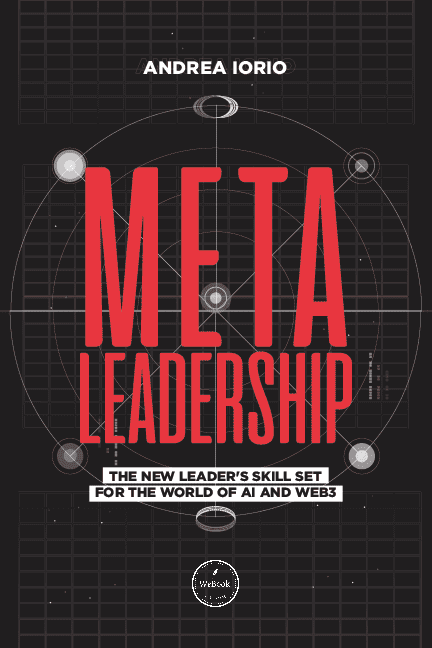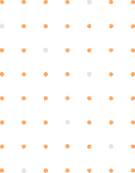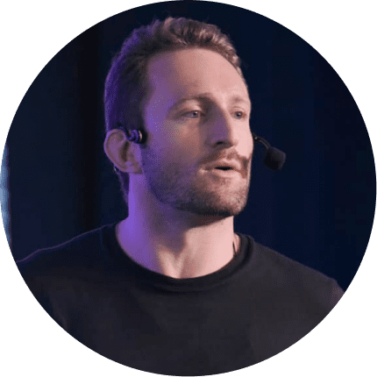Picture the following situation: you were recently promoted and you are working side by side with the HR in order to design a development path for all the collaborators of your team so that they are able to scale their career in the digital world. You are undecided between main formats:
- 1 - Create a specialized track on digital technologies such as SEO, Digital Marketing, Big Data, and Machine Learning, the so-called “hard skills”.
- 2- Creates two separate tracks: a technical one on “hard skills” and a behavioral one on “soft skills”.
- 3- Create a varied program by mixing hard skills, soft skills, philosophy, neuroscience and sociology.
Given the title of the article, which highlights the importance of philosophy today, you can guess that my choice of answer would have to be the third one, right?
Yuval Harari, is an Israeli history professor and author of three international bestsellers that I love: Sapiens: A Brief History of Humanity, Homo Deus: A Brief History of Tomorrow, and his last work published: 21 Lessons for the 21st Century.
In this next statement, he tells us a little more about the importance of philosophy in the Digital world:
"You know, issues like free will, like the meaning of humanity - philosophers have discussed these topics for the last few thousand years, with almost zero impact on the rest of humanity, because it was, in most cases, irrelevant. It didn't really matter what you thought about these topics. But today, these problems have suddenly become practical, engineering, and political issues. So this is the moment for philosophers, historians, people of the humanities, to expose themselves and talk about these topics because it has become very, very urgent".
Let's take a second to imagine that there is a teleportation technology that can take us to Ancient Greece, more than 2000 years ago, and that we get front row tickets to witness a live speech being presented by Socrates himself, standing in the audience side by side with his disciple Plato.
I'm sure you would be fascinated to see Socrates use his so-called maieutic method, which is based on asking questions in order to find flaws in the opponent's speech. In maieutics, the interlocutor proposes a definition or analysis of some important concept, and Socrates raises an objection or offers counterexamples, then the interlocutor reformulates his position to deal with the objection. Socrates raises a more refined objection, and so on.
Socrates fundamentally used dialectics to discredit the knowledge claimed by others, and by revealing the ignorance of his interlocutors, Socrates also shows how to make progress towards a more adequate understanding of topics such as Morals and Ethics.
But let's face it: most of us, and modern society as a whole, see these debates as a huge waste of time, don't we?
Philosophy in general has always been seen as an abstract, intangible discipline that brings little return in practical terms.
Now imagine that instead of sitting in a Greek arena, you're sitting in the Tesla meeting room next to Elon Musk and a bunch of other engineers.
They are addressing an ethical dilemma which is this: If forced to choose, who should a self driving car kill in an unavoidable accident?
Should the passengers inside the car be sacrificed to save pedestrians? Or should a pedestrian be killed, in order to save a family of four inside the vehicle?
This dilemma is very tough, but it's the kind of decisions that more and more engineers, developers, and somehow, every professional has to make nowadays. In other words, decisions on how to make the best of technology considering the dilemmas it brings with it.
There's just one problem: in the digital world, which accelerates so fast, engineers don't have the time they need for long and lengthy philosophical discussions: they have to make quick decision, in that 1-hour meeting window.
In the case of the dilemma above, to get closer to an acceptable answer, MIT Media Lab researchers analyzed more than 40 million responses in an experiment they launched in 2014, and which they published 4 years later in the Nature journal.
People were presented with various scenarios. If a self-driving car sacrifices its passengers or swerves to get it right:
a successful entrepreneur?
a known criminal?
a group of seniors?
a herd of cows?
pedestrians who were crossing the street when they were told to wait?
The results suggested that people would rather save humans over animals, save as many lives as possible, and tend to save the young rather than the elderly.
There were also lesser tendencies to save women rather than men, save those of higher status rather than poorer people, and save pedestrians rather than passengers.
Researchers even found cultural differences in the decisions people made. People in France were more likely to weigh the number of people who would be killed, while those in Japan placed less emphasis on it.
See the dilemma here: what should the automaker do? How to program your software? And even, what should governments do based on this kind of data?
Germany has already introduced a law stating that driverless cars must avoid injury or death at all costs. The law says that algorithms must never decide what to do based on the age, sex or health of passengers or pedestrians.
But what if it happens: who is responsible then? The car company? And how is it punishable, legally?
These are all very important issues that leaders, entrepreneurs and people actually have to address every day, regardless of the industry they work in. Do you know why? Because technology today is embedded in every business, and we can't help but consider the implications it has brought.
So why is it philosophy so important in today's world?
First of all, because the number of ethical and philosophical dilemmas that technology has brought is enormous, such as the conflict between privacy and data.
Second, because philosophical reasoning is something that artificial intelligence is still unable to replace, and represents a differential for human beings who practice it.
Third, because the most obvious reasoning, logical deduction doesn't work.
The famous Italian philosopher Luciano Floridi, my countryman, argues that we are living a 4th revolution after Copernicus, Darwin and Freud, as the barriers between our online (connected to the internet) and offline (outside the digital sphere) worlds are disappearing; now we move within the whirlpool of the “infosphere”, living a “life in life” (everyday lives lived simultaneously between the two worlds).
While shopping, taking care of our health and dealing with social relationships, we are interacting with the world of law, finance and politics. In each of these facets of life, technologies now represent an inescapable environmental force.
The emerging technology landscape, with its immediate digital benefits, requires intellectual responsibility that, according to Floridi, is not yet palpable or institutionalized in academia, but is present on the streets. There is an air of anticipation and concern at the same time, of concern and fascination about how technology is changing the world. Changing the way we see the world, ourselves and others. Do technologies enable us or control us? Can we benefit from new technologies without allowing the network to take over us? These are some of the questions that come up with time.
More and more tech companies are hiring philosophers, and people from the humanities. In the case of Tinder, one of the most important people even at the beginning of the app was Jessica Carbino, a sociologist who, in addition to having matched on Tinder with Sean Rad, the app’s founder, was hired to help better understand the changes in relationships.
In my case, during college in Italy I studied philosophy by reading the original texts of the great Romans thinkers, in Latin, and Greeks, in ancient Greek, and I consider this one of the most important pillars of my understanding of the world today - even if , I admit, during that time I constantly wondered why I was in that class, with professor Pino Draperi, (that was the name of my professor in Savona).
But it's really essential to understand more about philosophy, and so to finish I'm going to leave you with a practical challenge: take the ethical dilemma between data and privacy.
The most important privacy legislation in recent years is GDPR. The philosophy that lies behind GDPR is that users have the right to determine how their data is used and stored, empowering privacy.
There is a catch: if companies have more of their data, they will initially be able to deliver better experiences and personalization, as they know better their preferences. Think of the healthcare industry how that would change: the more real-time data that doctors and hospitals know about, the better they can help prevent diseases.
That's why I want you to sleep on it: how much better experience with companies compensates giving up data and privacy? And more importantly, who becomes the main owner of this data?
Keywords Soft Skills: Yuval Harari, Sapiens, Big Data, Machine Learning Leadership, What are Soft Skills in Business, Example of Technical Skill, Technical Skill Examples, Soft Skill Development, Soft Skills for a Job, Business Soft Skills, Soft and Hard Skills, Why Are Soft Skills Important, Necessary Soft Skills, Necessary Soft Skills, Human Skills, Entrepreneurship, Andrea Iorio, Philosophy, Luciano Floridi, Digital World, Digital Transformation, Neuroscience









